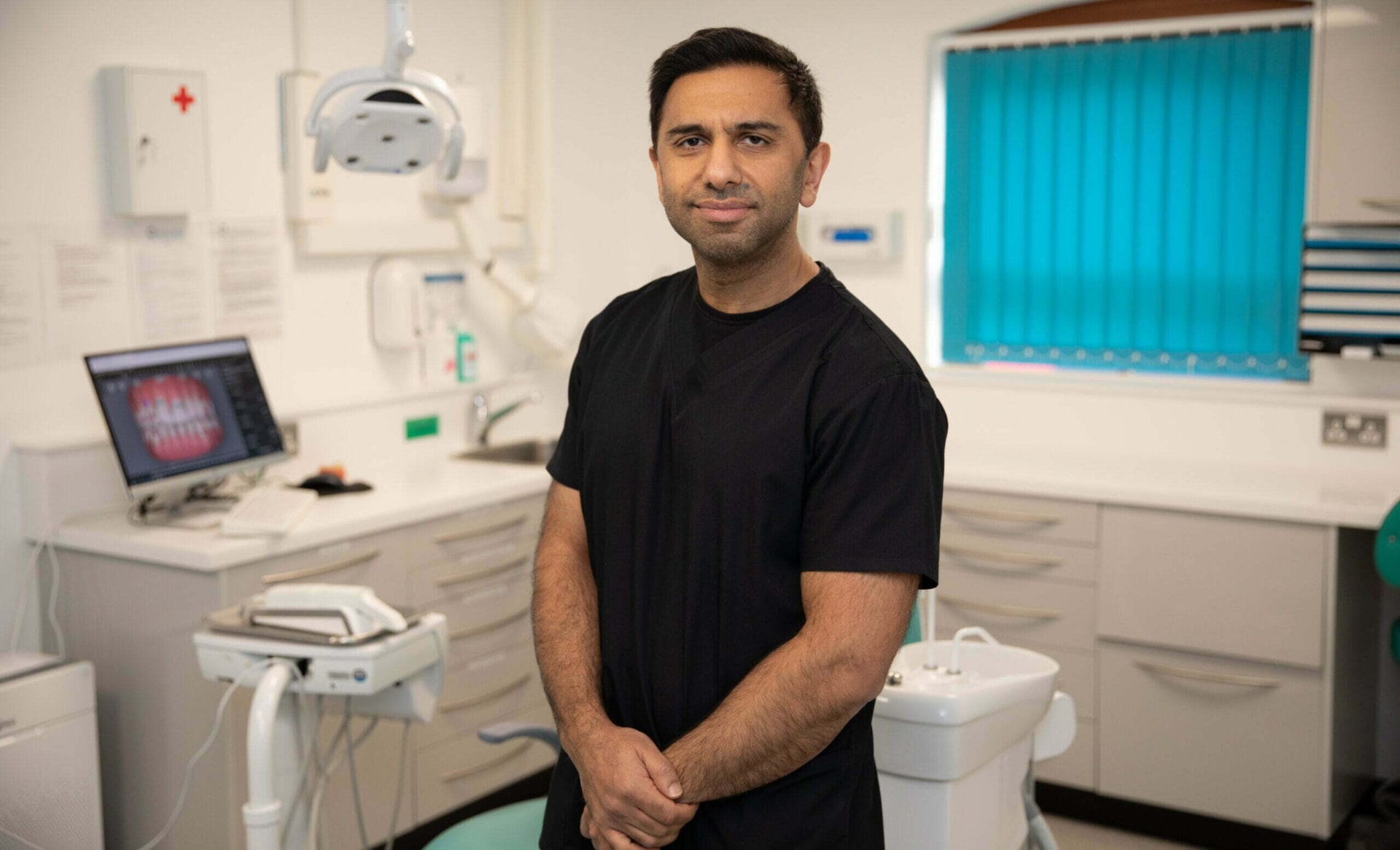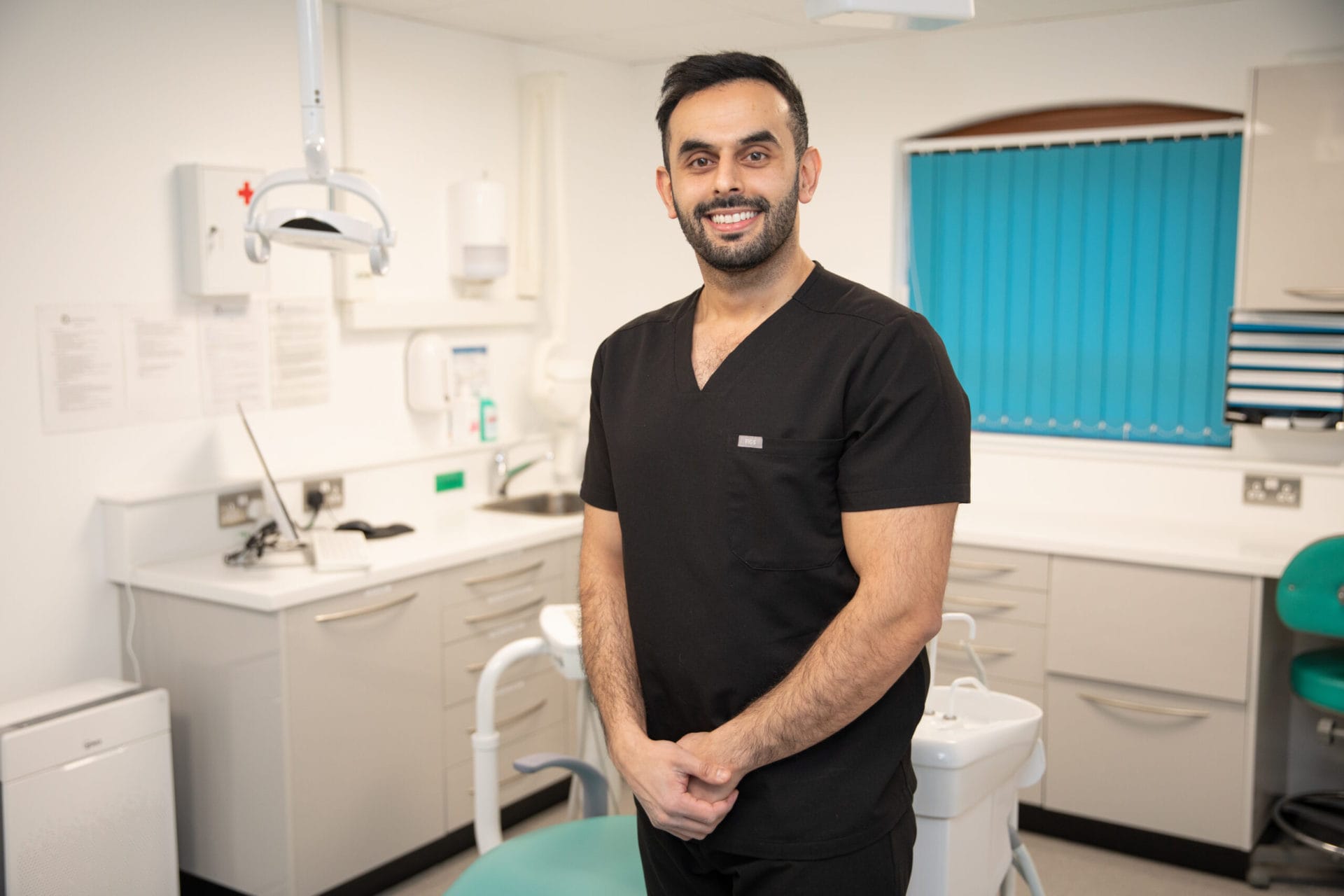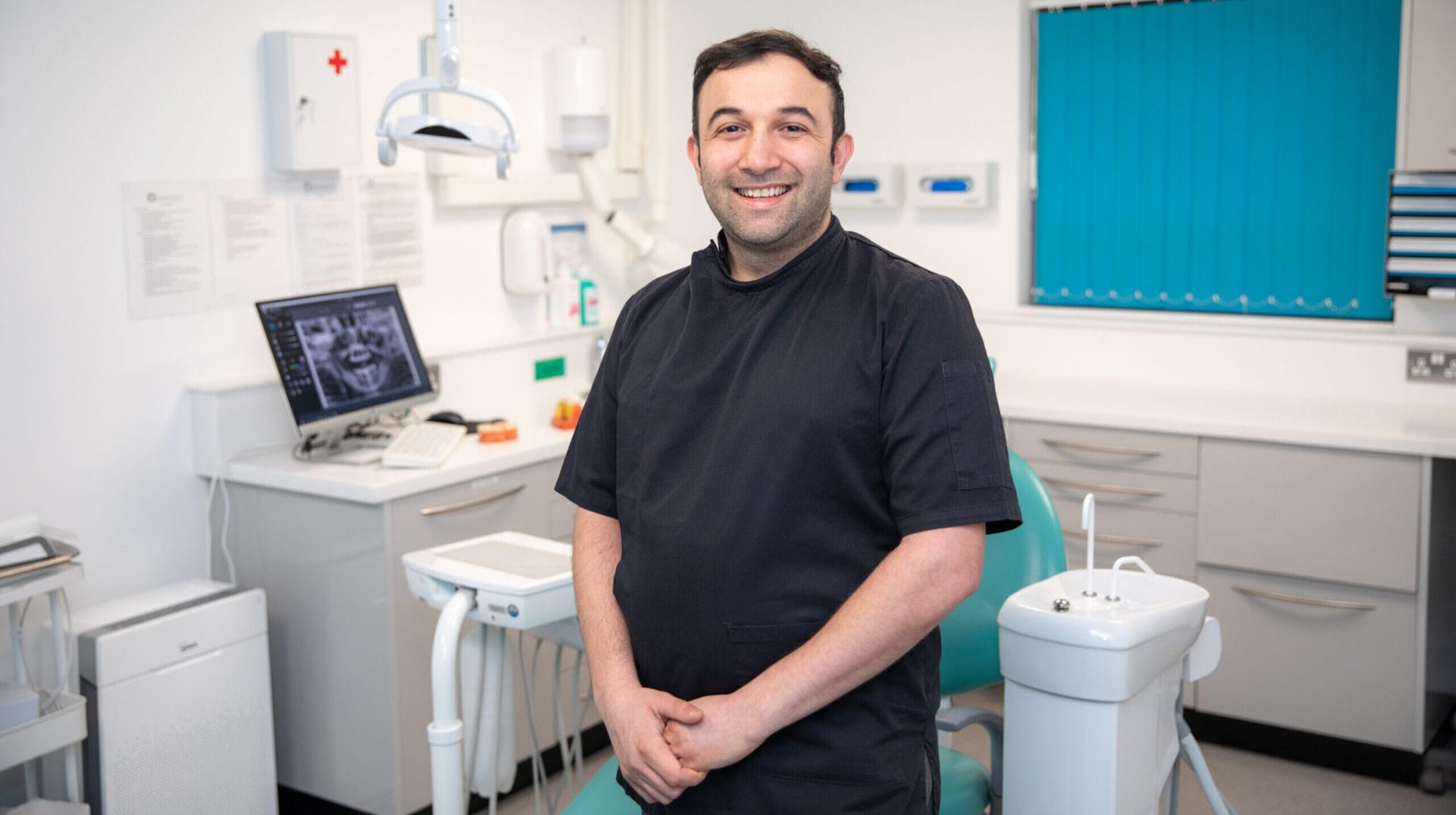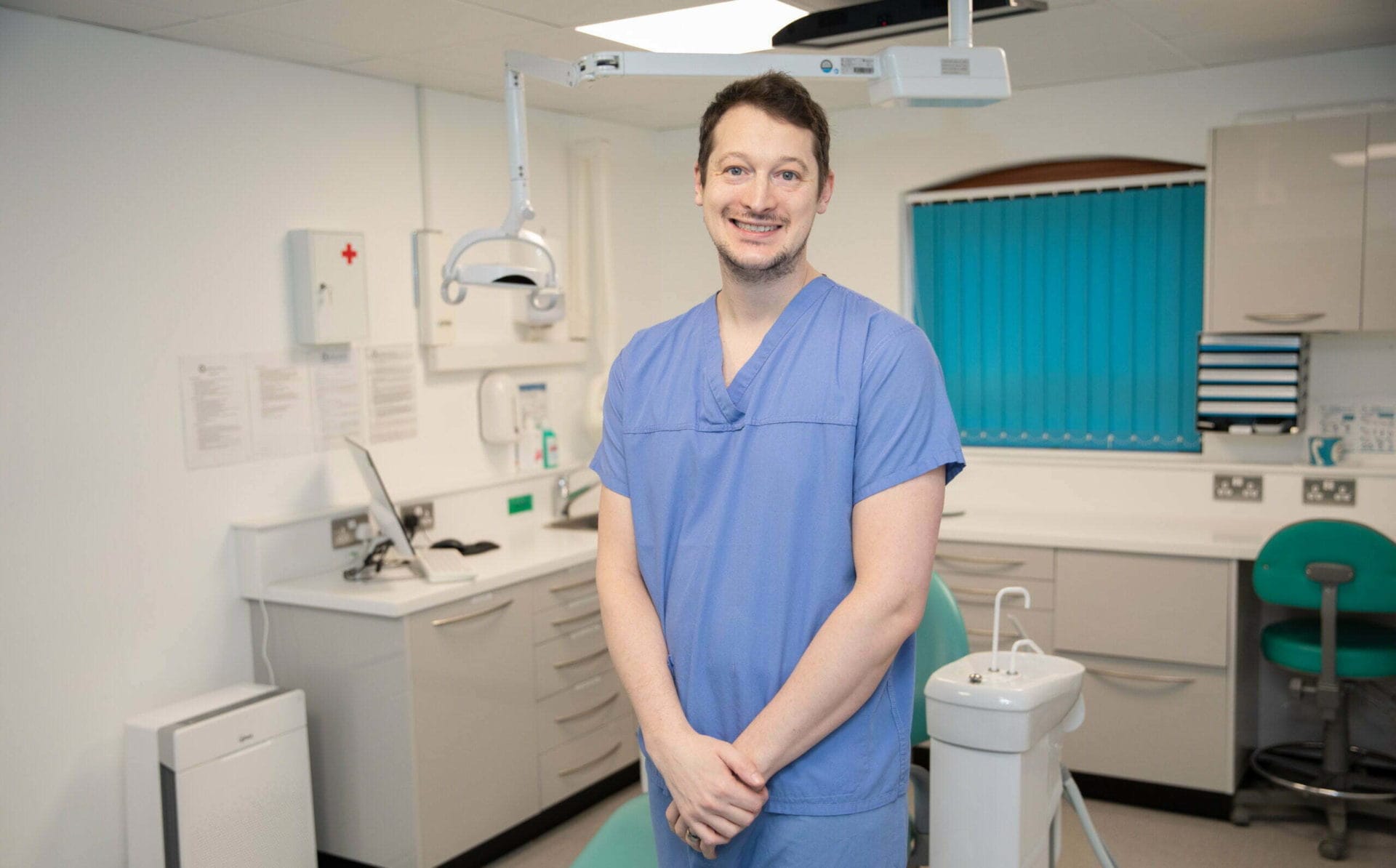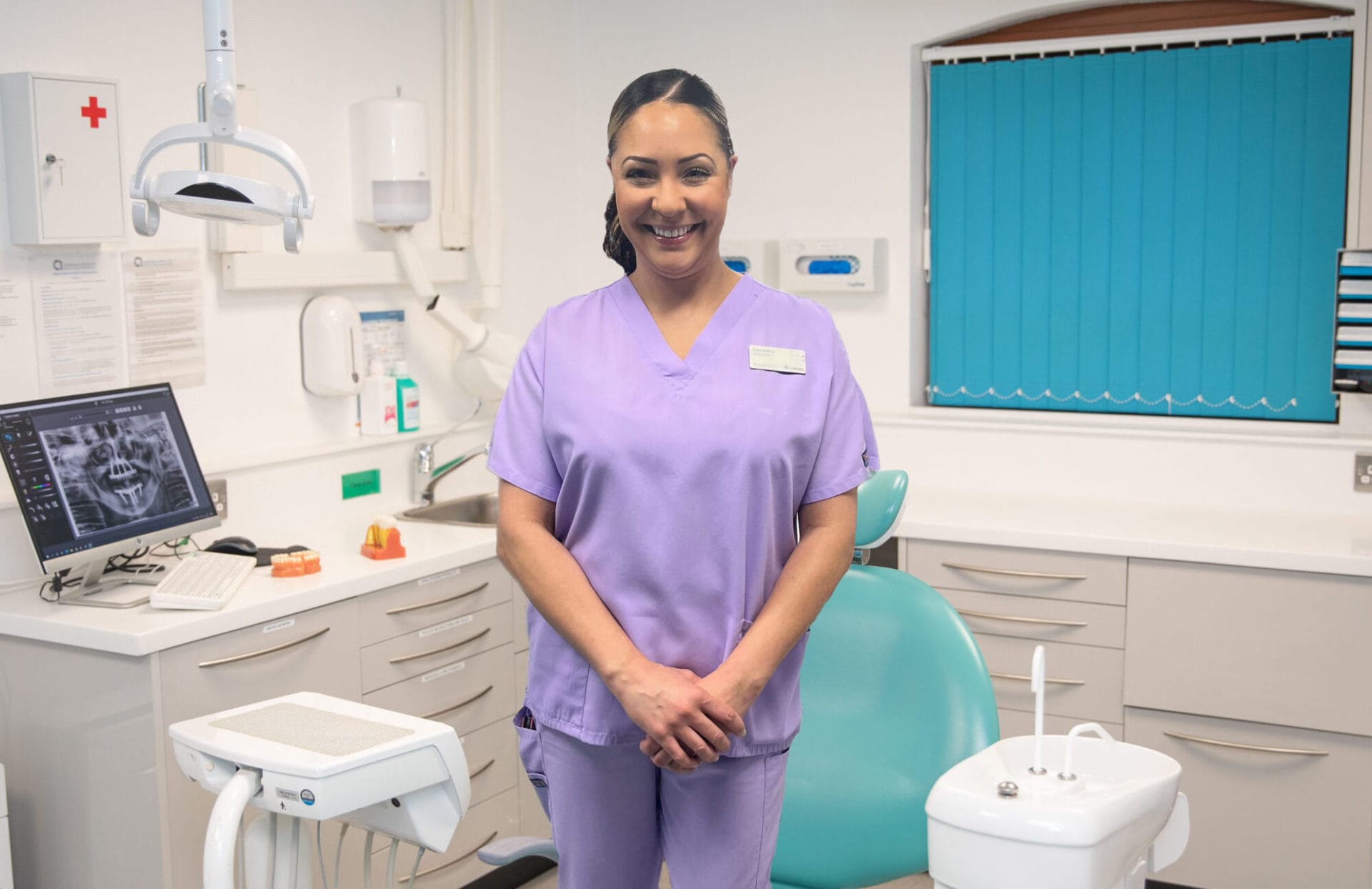
National Tooth Fairy day in the UK is celebrated on February 28th and repeated on August 22nd. We think it’s an important day that recognises and encourages children’s education surrounding good oral health practices. It encourages children to look after their teeth and limit sugar content.
The exact origins of the ‘Tooth Fairy’ are unknown, there is little reference to him or her in literary terms and it has been more of an oral folklore passed down between generations from the early 1900s. The first literary reference was in 1927 when Esther Watkins Arnold printed an eight-page playlet for children about the tooth fairy. The tradition is that when a baby tooth is lost, the person places it under their pillow and the tooth fairy takes it and leaves a coin.
In other countries, it is not a fairy that collects the tooth. In Spain and Latin America for example, it is a mouse called Perez who takes the tooth and leaves a shiny coin. This is the same in France when la petite souris (the little mouse) is the folklore legend that sneaks in when the child sleeps.
Whether it is a mouse or a fairy that is referred to, it still encourages children to look after their teeth for them to be collected when they fall out, which can only be a good thing for the future of our children’s teeth.
Early Oral Education
You should register your baby with a dentist as soon as possible and as soon as baby teeth start to come through. Teeth should be brushed gently twice a day. It is never too early to come into the dental practice either. We recommend bringing your child in from around six months old or when the first teeth come through. They can visit at the same time as your appointment. This gets them used to seeing the dentist and can alleviate any future fears or phobias, which are still sadly commonplace in society.
If you supervise and teach your children how to brush their teeth from an early age, by the time they are around seven years of age, they should be able to brush without supervision.
Fissure Sealants
Tooth fissures are deep pits and grooves found on the back teeth, usually the molars, and they are often found in the teeth of children or teenagers.
The fissures are very narrow, which makes them very hard to clean and the bristles of a toothbrush are often too wide to clean them properly. Every time a person eats or drinks, bacteria get into the fissures, which makes them widen and deepen. This can result in tooth decay and cavities appearing.
As a preventative dental treatment, fissure sealants can be provided and should be applied as early as possible after the adult teeth have erupted. Especially, if it looks like the fissures will pose a problem.
What is a fissure sealant?
It is a clear, plastic-type material, which is placed onto the surface of the teeth so that it can protect the fissures from attracting and filling up with bacteria. Sealants can be used on any tooth with fissures, if there are no prior fillings, and there is a flat surface. They are usually placed on molars and pre-molars.
How are fissure sealants applied?
It is a safe and relatively simple procedure, which doesn’t need any anaesthetic, needles or drills. The tooth and fissures will be cleaned before the sealant is applied. Then a special UV light will be used to harden the sealant onto the tooth’s surface. The fissure sealants can be applied by either a dentist or your dental hygienist.
How successful are fissure sealants?
Fissure sealants are extremely successful at helping to prevent decay in fissures and cavities from developing.
They can last for many years with the correct care and maintenance and if the sealant was to fall out, it can be replaced easily. It is important to maintain regular dental check-ups just to check the sealants are still effective and in place so your dentist can detect any problems early.
Fissures can appear on children’s or adults’ teeth. If you would like to get your or your children’s teeth checked, please get in contact today and our friendly team will be able to help you.
To book a FREE dental consultation in Leeds, call 0113 468 4660

